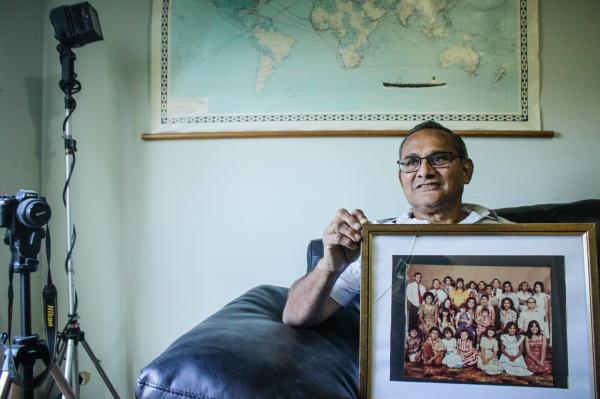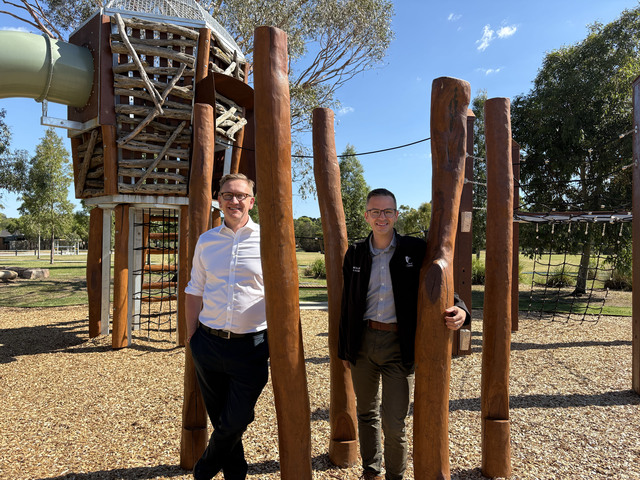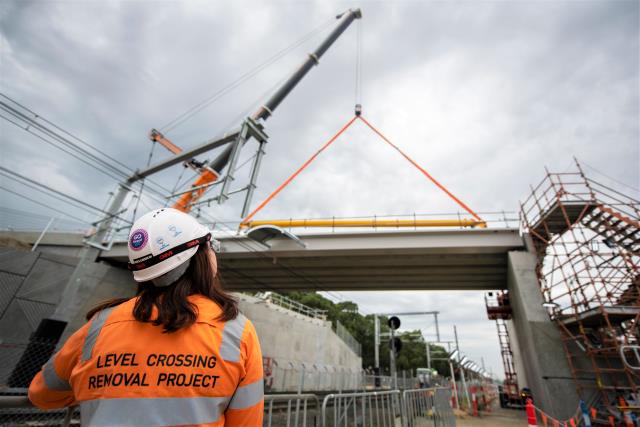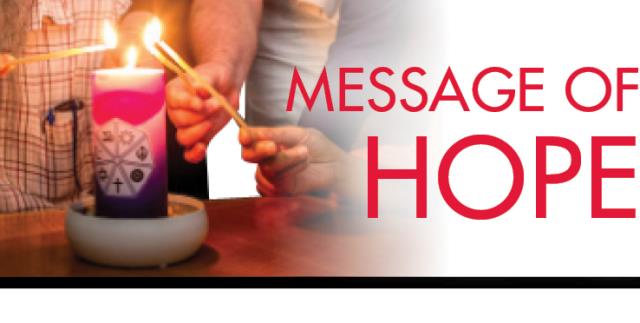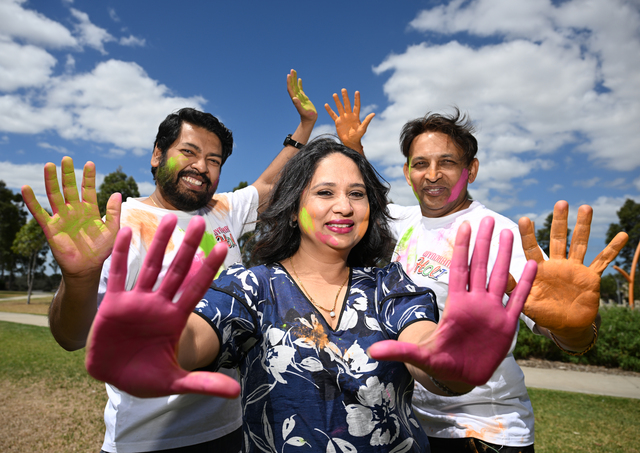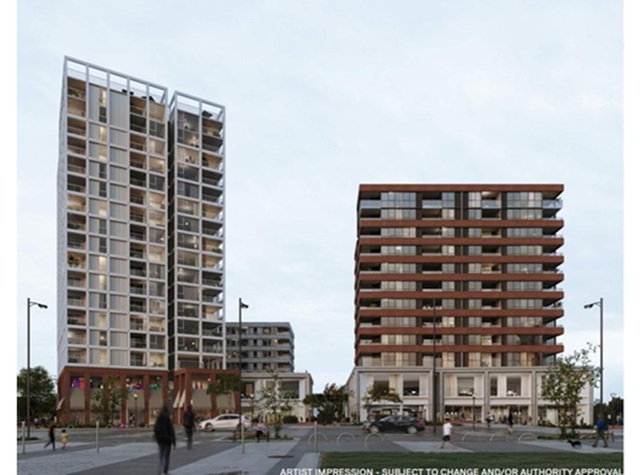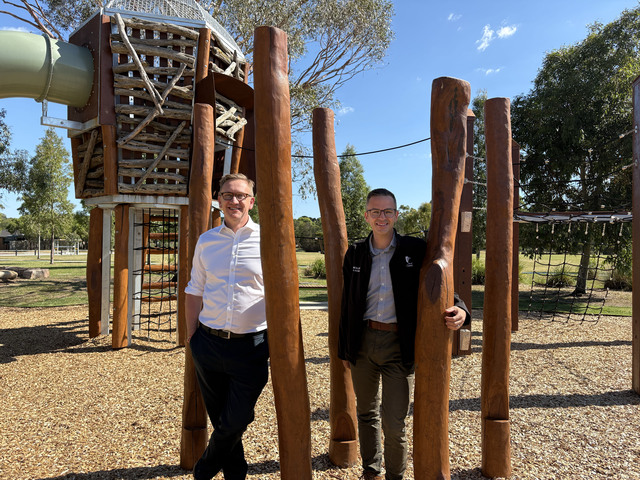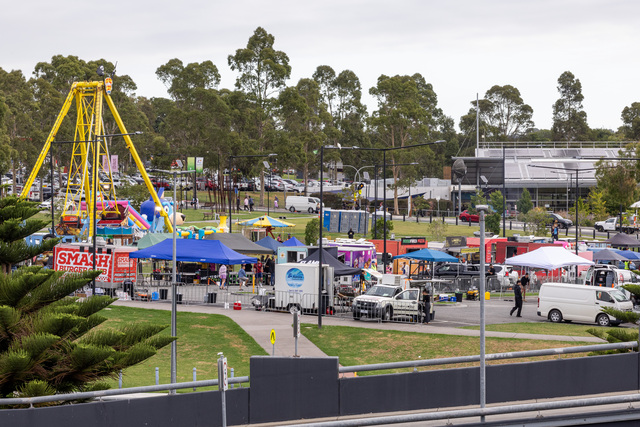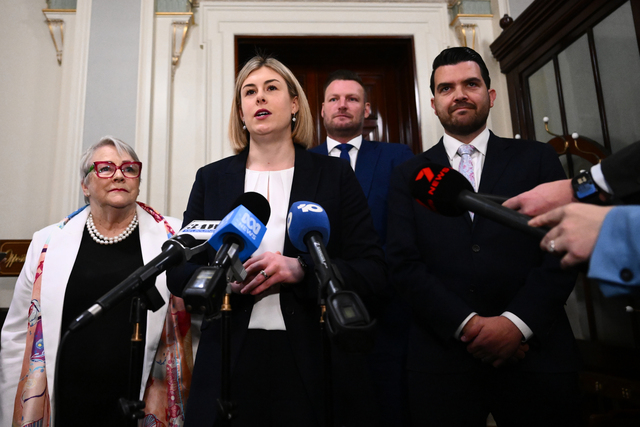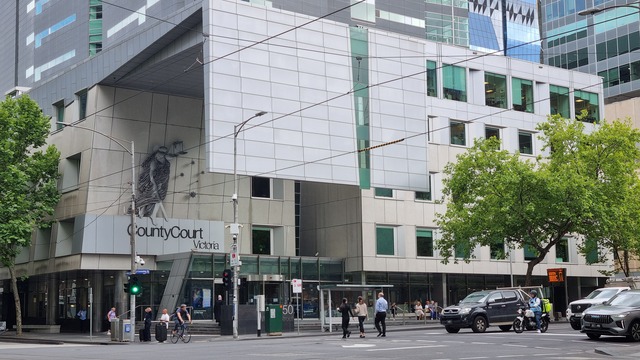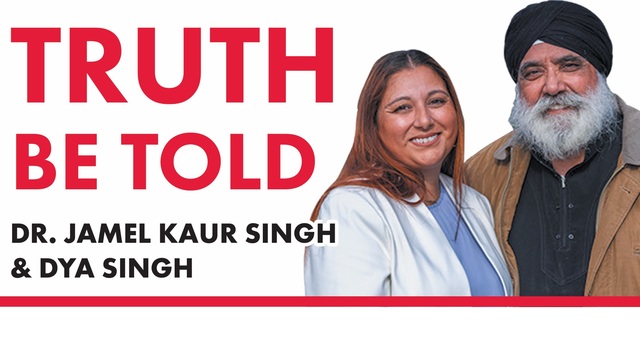Endeavour Hills man Hector De Santos is waging a campaign against escalating military violence in his Burmese homeland.
The 80-year-old has written to the Australian Prime Minister, MPs as well as 12 embassies in the hope for intervention against the military junta’s “inhuman” repression in Burma, also known as Myanmar.
He’s also lobbied the Victorian Council of Churches to launch a Day of Prayer.
“I’m trying to build awareness about what is happening in Burma,” Mr De Santos said.
“What the military junta is doing is terrible, it is inhuman.
“I’m just trying to do something, what little I can do to make a difference.
“I’m hoping that I can convince some regional government to intervene with the Burmese military.”
In his letters to governments, he has called for the release of democratically-elected leader Saw Aung San Suu Kyi and her party.
He’s pleaded also for immediate “trade, military and aid sanctions”, and for humanitarian aid to be channelled through NGOs in the nation.
Burma’s military seized control of the government on February 1 deposing the country’s ruling party the National League for Democracy (NLD).
Since the coup, hundreds of pro-democracy protesters have been killed by violent military and security services force – including reports of 114 unarmed people including six children on Saturday 27 March.
Security forces reportedly opened fire at a funeral the following day.
The Chief of the Australian Defence Force joined defence chiefs from 11 other nations condemning the “use of lethal force against unarmed people”.
Australia’s Foreign Minister Marise Payne also condemned in “the strongest terms” the “horrific use of lethal force”.
“We call urgently on the Myanmar security forces to exercise restraint, uphold the rule of law and allow the Myanmar people to exercise their rights to peaceful protest.”
According to Mr De Santos’s contacts in Burma, the military is abducting and brutalizing protesters.
“I’m told that young woman are being grabbed off the street, sedated and raped and then dumped outside of towns and cities,” he said.
In 1969, Mr De Santos and his wife Wendy fled Burma’s military government after being marginalised along with other religious and ethnic minorities.
“My father was Portuguese and my mother was half-English, half-Indian,” he said
“We didn’t have the chance of having a future there, so we came to Australia.”
In 1966 they obtained a one-year travel visa and left for Thailand with just Mrs De Santos’s wedding ring and the necklace she wore.
After working for the US Navy in Thailand, Hector and Wendy came to Australia in 1969 as migrants.
Mr De Santos worked three jobs for about 70 hours a week.
During weekdays, he was a factory clerk. Weeknights, a kitchen hand. And weekends, a wedding photographer.
He didn’t have executive qualifications, but he could earn an executive’s wage, he says.
“There were plenty of jobs in those days – as much work as you wanted.”
In between, he ran from Clayton to his Moorabbin workplace in training for marathons.
In retirement, he has volunteered as an English tutor at migrant and refugee settlement agency AMES Australia, helps at a Burmese community garden at Springvale and joins plantings at the lush Frog Hollow Reserve near his home.
“I just want to give back to the community because from the start, everyone helped me.”

